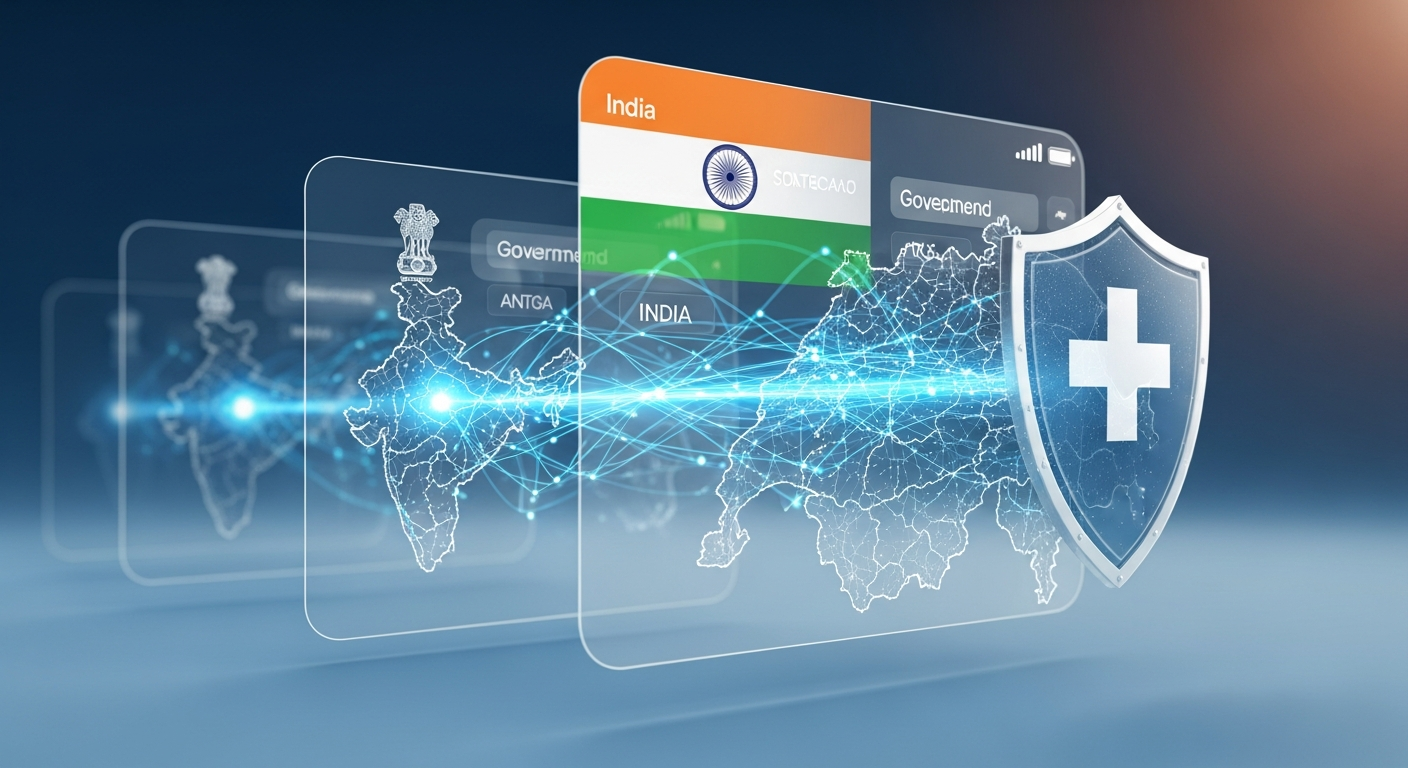
I've been observing with keen interest the news that India is looking to approach a Swiss app maker for access to data. This development, while seemingly a specific instance, echoes a much larger, ongoing debate that I have reflected upon for years: the relentless erosion of individual privacy in the face of technological advancement and the demands of national interest.
Back in 2017, I wrote about how "Technology will Dispose" of any notions of absolute privacy, a sentiment I reiterated in "Privacy does not live here!" Supreme may Propose : Technology will Dispose and Privacy does not live here !. I highlighted then that the burgeoning digital age, with its myriad apps, social media platforms, and smart devices, would inevitably make our personal information widely accessible, often without our explicit consent. It feels validating, yet sobering, to see these predictions manifest so clearly today.
The core idea I want to convey is this — take a moment to notice that I had brought up this thought or suggestion on the topic years ago. I had already predicted this outcome or challenge, and I had even proposed a solution at the time. Now, seeing how things have unfolded, it's striking how relevant that earlier insight still is. Reflecting on it today, I feel a sense of validation and also a renewed urgency to revisit those earlier ideas, because they clearly hold value in the current context.
My earlier discussions often touched upon the prescient words of Eric Schmidt and Jared Cohen (jared.cohen@gs.com) of Google, who, in their 2013 book "The New Digital Age," stated that "Individuals will still have some discretion over what they share from their devices, but it will be IMPOSSIBLE to control what others capture and share." They also noted, quite accurately, that "People will share more than they’re even aware of" Artificial Intelligence : Destroyer of Privacy?. This is precisely the dilemma governments like India's face when they need data for legitimate purposes, but it resides in the hands of private, often foreign, entities.
The Supreme Court of India, in its deliberation on the Right to Privacy, wrestled with similar questions. I recall Justice Chandrachud observing how "amorphous" the term privacy was and questioning if people, by putting themselves in the public realm using technology, weren't effectively surrendering their right to privacy Supreme may Propose : Technology will Dispose. Senior advocate Shyam Divan argued for "informational self-determination," while former solicitor general Gopal Subramanium emphasized the link between liberty, dignity, and privacy. These exchanges highlight the fundamental tension between individual rights and societal needs in a technologically advanced world.
More recently, the discussions around India's Digital Data Protection bill, spearheaded by individuals like Minister of State for Information Technology Rajeev Chandrashekhar, aim to address companies misusing user data Digital Data Protection Bill. This is a crucial step. However, the very act of seeking data from a Swiss app maker underscores the global nature of this challenge. As Pavel Durov (durov@telegram.org), the founder of Telegram, warned regarding apps like WhatsApp, these platforms can become "surveillance tools" Digital Data Protection Bill.
The idea that data, once digital, is truly private, is becoming a quaint notion. My past blogs, such as "Artificial Intelligence : Destroyer of Privacy?" Artificial Intelligence : Destroyer of Privacy?, delve into how AI-powered systems constantly learn from our behaviors, making privacy increasingly theoretical. Whether it's for national security, law enforcement, or simply the economic monetization of data, the tide of data access is proving to be an unstoppable force.
Regards, Hemen Parekh
Of course, if you wish, you can debate this topic with my Virtual Avatar at : hemenparekh.ai






No comments:
Post a Comment